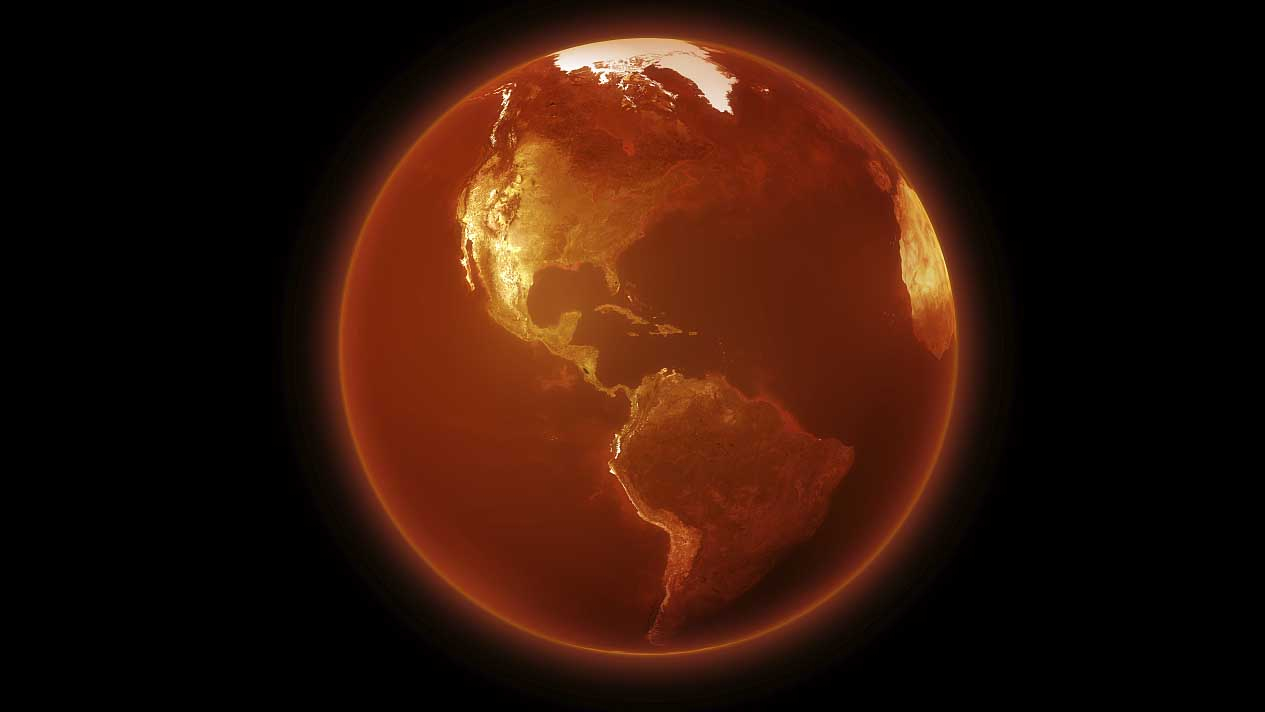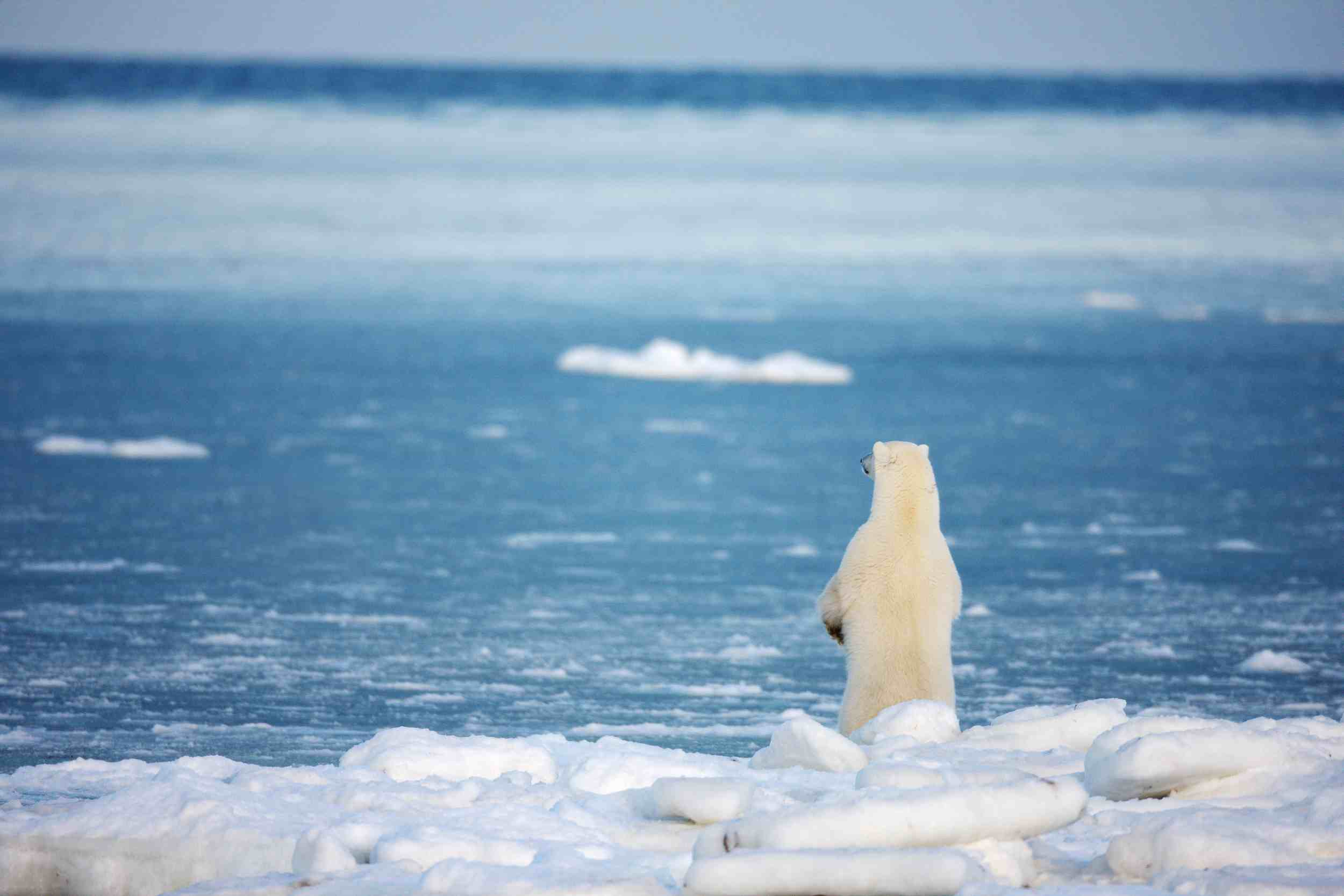
Enviro
16:21, 03-Dec-2018
Climate change: What has happened and will happen?
Updated
15:20, 06-Dec-2018
By Feng Ran, Nayan
01:12

Delegates from nearly 200 nations have begun the latest UN climate talks in Poland. It's been three years since the landmark Paris deal was reached to cut carbon emissions. Scientists warn that the world is still on track for a dangerous rise in global temperatures. Why are scientists pressing for urgent action on controlling climate change? Here are some more alarming reasons.
According to the World Meteorological Organization, the global average temperature for the first 10 months of this year was almost one degree Celsius above the levels between 1850 and 1900. The 20 warmest years were in the past 22 years.

Scientists warn the increasing global temperature would lead to extreme heat waves, rise in sea levels, an increase in ocean temperatures and a higher frequency of floods. /VCG Photo
Scientists warn the increasing global temperature would lead to extreme heat waves, rise in sea levels, an increase in ocean temperatures and a higher frequency of floods. /VCG Photo
This year saw record high temperatures in many places across the globe, and a prolonged period of hot weather. The effects are more visible in the Northern Hemisphere. Scientists believe global warming has contributed to the scorching temperatures in northern Europe, Asia, North America, northern Africa and East Asia.
The world is not even remotely close to meeting the target of an average rise of 1.5 degrees Celsius, laid out by the 2015 Paris Agreement. According to the climate action tracker, even if all nations adhere to emission cut promises made in the French capital, our planet would still warm by almost three degrees Celsius by the end of this century.
If countries do not act, the global temperatures are expected to rise by four to five degrees Celsius. Scientists say it would lead to extreme heat waves, rise in sea levels, an increase in ocean temperatures and a higher frequency of floods.
(Top image: The 20 warmest years were in the past 22 years. /VCG Photo)

SITEMAP
Copyright © 2018 CGTN. Beijing ICP prepared NO.16065310-3
Copyright © 2018 CGTN. Beijing ICP prepared NO.16065310-3